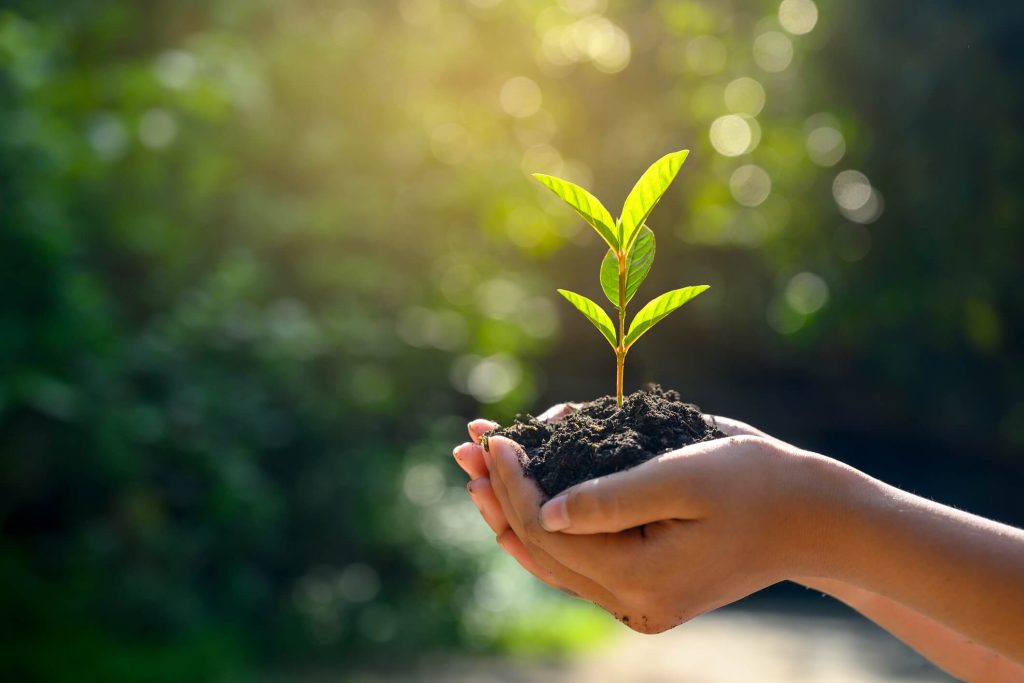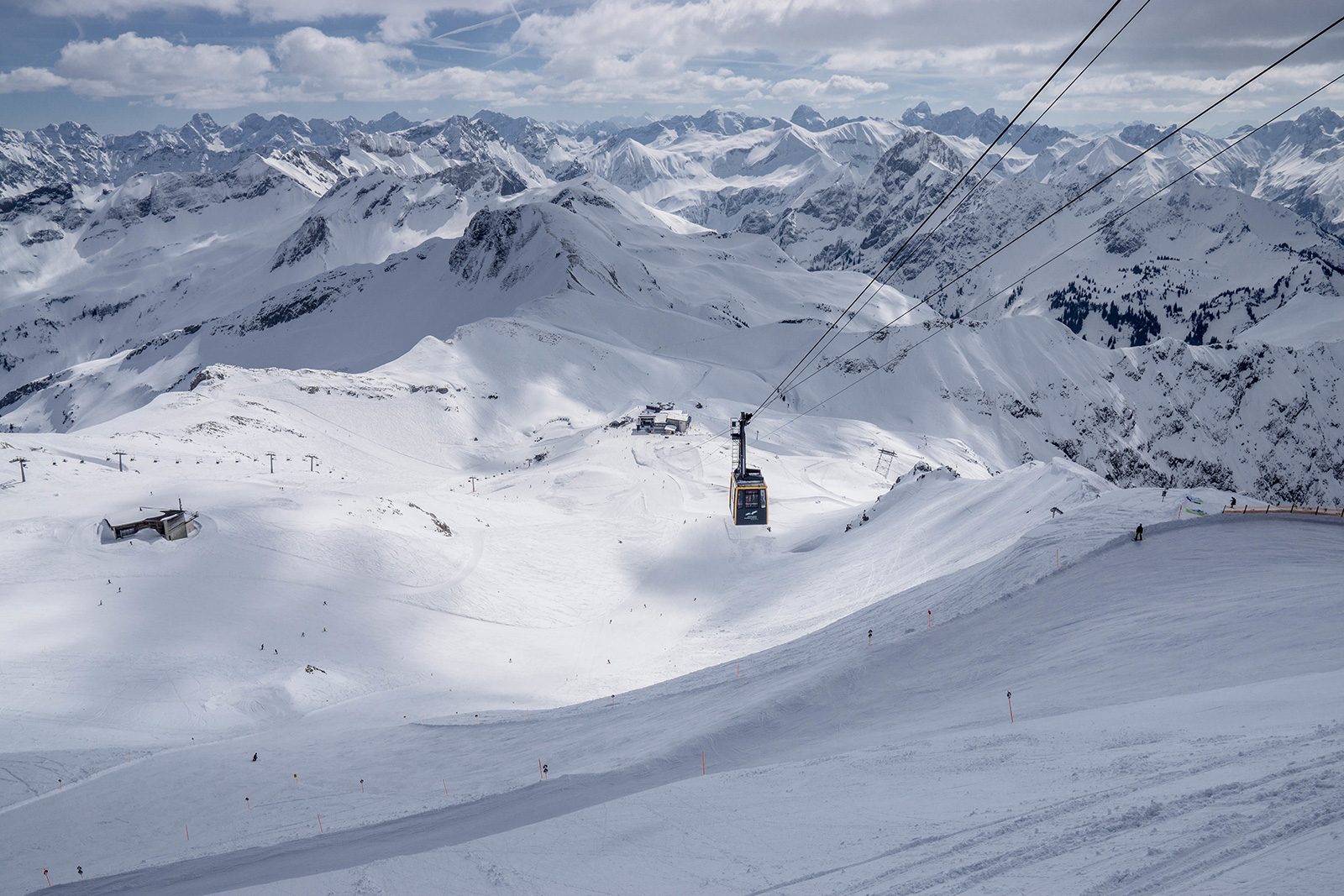The necessary attention that has been given to the best sustainability, social and governance practices – united in the now well-known acronym ESG – has also started to influence the way we travel. And Brazilians leading this movement. According to a survey carried out by Booking.com, 7 out of 10 travelers in the country want to travel more sustainably in the future – only Colombians beat us.
Another aspect identified by the research concerns travelers' awareness regarding the future of the destinations visited. More than 80% of the Brazilians consulted said they hope that their money will return in benefits to the local community or that it will contribute to the preservation of places.
All these expectations, social and environmental, have the potential to change the tourism industry. This includes airlines, which are finding ways to reduce their carbon emissions, parks and museums, which are opting for renewable energy sources, and, of course, accommodation. These, in particular, have a big task ahead of them, as they maintain a close relationship with guests throughout the trip, and are watched very closely by them.
To become more sustainable, you can, for example, reduce your consumption of plastic and paper, recycle your trash, give preference to ecological cleaning products and contribute to the surrounding community – how about buying food from small farmers in the village next door? ? And this is just the beginning; It is possible to compost organic material, use rainwater and install a solar energy system.
This is not an expense, but an investment. In addition to contributing to a better world, sustainability – when well implemented – also brings financial results. They come both directly (through a reduction in energy costs, for example), and indirectly, with an increase in the establishment's reputation.
After all, if consumers are leaning towards more sustainable practices, they will prefer hotels that share the same concern.
Small bottles make a huge difference
Leader in the amenities market, Harus makes its contribution. Their products do not contain parabens nor are they tested on animals. Furthermore, all packaging is biodegradable and has the Green Plastic seal.
And market demand shows the importance of sustainability for accommodation facilities: the exclusive Alma Brasil product line, produced with vegetable and ecologically correct raw materials, currently corresponds to 40% of the company's sales.
Another good example are dispensers, whose demand continues to increase. Used for alcohol gel, liquid soap, shampoo and conditioner, they not only guarantee cost savings (between 30% and 60%), they also minimize waste and reduce environmental impact.








